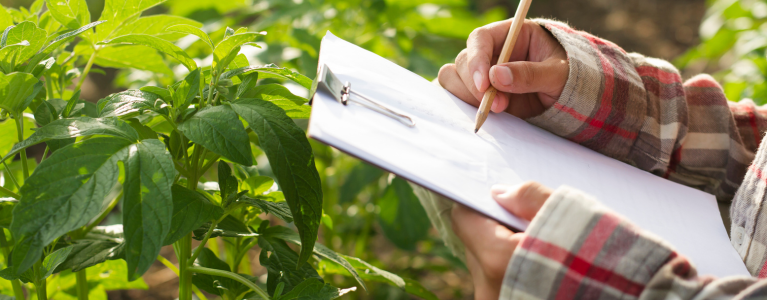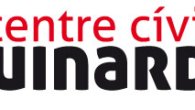
What role do cooperatives play? – Athenaeum
In a context of ecological crisis and global inflation, the way we produce and consume food has become a central debate. Concepts such as food sovereignty or short marketing circuits are no longer exclusive to the activist world: they are part of local strategies to ensure fairer, sustainable and rooted access to food. In this context, agri -food and social economy cooperatives have a lot to say.
Food sovereignty defends the right of communities to decide how they produce, distribute and consume their food, prioritizing the interests of the local population in front of global markets. This means valuing local agriculture, organic production, respect for natural cycles and the recovery of the bond between peasantry and consumption. Agroecological cooperatives, consumer groups or solidarity distribution networks are clear examples of this desire for collective reappropriation.
In Catalonia, and also in the Baix Llobregat, we find cooperative experiences that are committed to these models: cooperatives of organic agricultural production, organized consumption groups, shared workshops or initiatives that connect peasantry with schools, municipal markets or social dining rooms. These projects not only distribute foods, but also promote cultural and political changes about what we eat, where he comes from and who benefits. Betting on food sovereignty from cooperativism is, therefore, also a way of transforming the territory.
The Ateneu Cooperativa can play a strategic role by connecting these projects with the administrations, promoting training spaces or facilitating the creation of new initiatives through technical accompaniment. In this scenario, the key is to network and understand that the right to fair and sustainable diet is not only a personal option, but also a collective construction that needs institutional support and cooperation between local actors.








